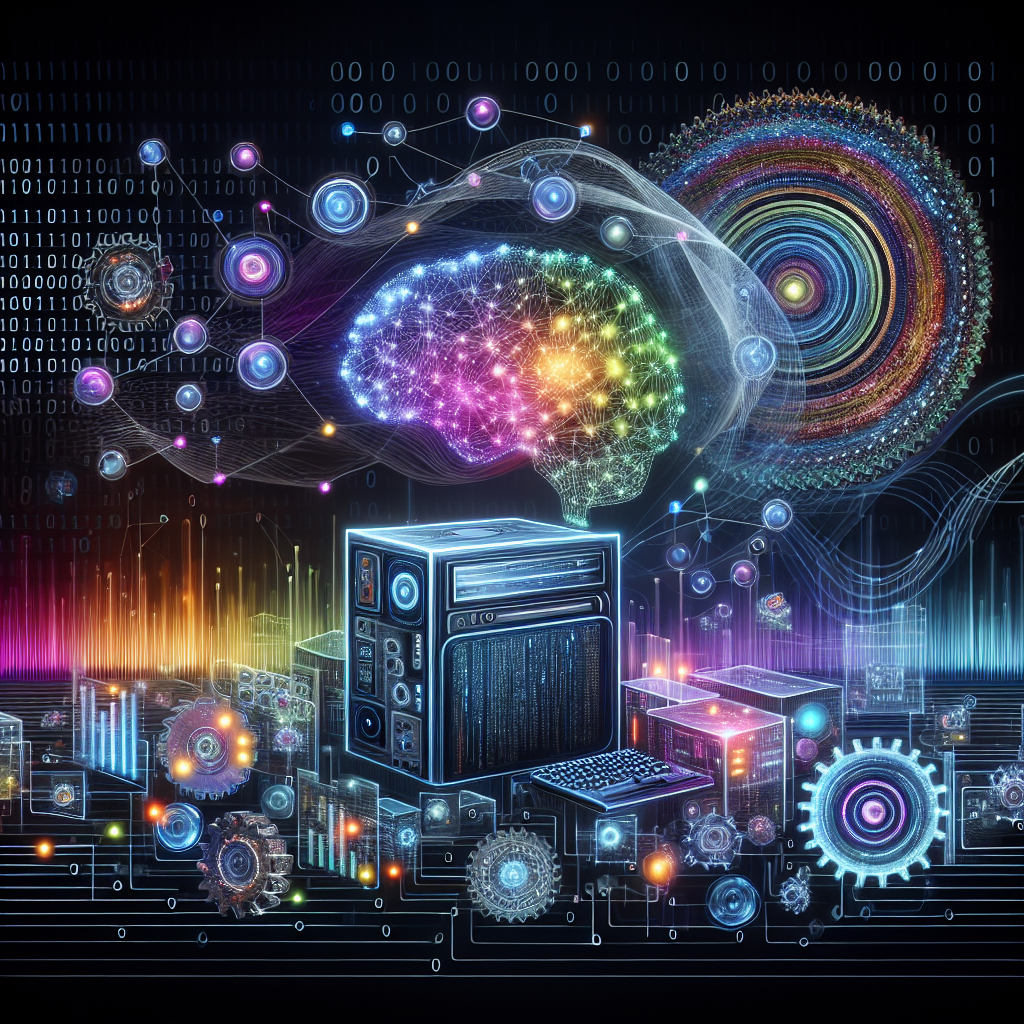AI Tools and the Battle Against Child Exploitation: A New Legal Frontier
U.S. federal prosecutors are intensifying efforts against suspects using AI to create child sex abuse images, raising concerns about the potential surge in illicit material. Cases are challenging existing laws, and advocacy groups urge AI platforms to prevent misuse. Courts face the challenge of applying current laws to AI-generated content.

U.S. federal prosecutors are escalating their crackdown on individuals using artificial intelligence to create child sex abuse imagery, amid fears that the technology could lead to an increase in illicit material. This year, the Justice Department has filed two criminal cases against individuals accused of using generative AI systems to produce explicit images of children.
James Silver, deputy chief of the Justice Department's Computer Crime and Intellectual Property Section, expressed concern about the normalization of such content. As AI technology advances, prosecutors face the challenge of applying existing laws to crimes involving AI-generated images, with even successful convictions likely subject to appeals.
Advocacy groups say AI tools can morph ordinary photos into exploitative content, complicating efforts to identify and locate real victims. Nonprofits like Thorn have partnered with major AI firms to prevent AI from generating and spreading abusive material, urging immediate action to address the current and future impact.
(With inputs from agencies.)










